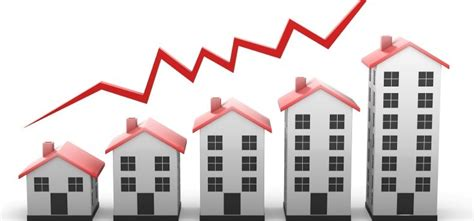There are many advantages to owning multiple properties. In the short term, you’ll have a positive cash flow, and over time, your investment should appreciate in value. The longer you own the properties, the greater the benefits. However, if you don’t have the capital necessary to make an initial down payment, you may want to consider the long term benefits of owning more than one property. Before you decide to invest, consult with an expert in property to learn about the pros and cons of this strategy.

When you own multiple properties, your expenses may increase. You’ll be responsible for paying property taxes, insurance for rental properties, and maintenance costs. If you own more than one property, you’ll have to worry about paying property management fees and other unexpected costs. This could put a damper on your cash flow and lead you to consider owning less rather than holding a portfolio. In addition, if you’re a first-time investor, you might have trouble qualifying for financing the purchase of multiple properties.
Owning multiple properties can be a lucrative opportunity if you pay attention to your finances. Renting your properties can create a steady stream of income, and you can save the profit for repairs or to pay the mortgage. If you own more than one property, you can use that profit to buy another income property, or to make a down payment on another income property. It’s also a smart way to diversify your portfolio.
There are also risks to buying multiple properties. Buying multiple properties will double your expenses. You’ll need to pay for property taxes, rent management fees, and special insurance for rental properties. Not only will you be faced with higher expenses, but you’ll also face unforeseen issues. It’s best to avoid empty units unless you are able to make the necessary repairs. In the end, owning multiple properties will give you the opportunity to earn a steady income.

In addition to increased costs, owning multiple properties also allows you to leverage your income from one property. For instance, if you own multiple properties, you can use the equity in one of them to finance the purchase of another. This means that you can utilise your equity in one to fund a down payment on a new property. You can also use your profits to fix up your other properties. For information on the possibility of a SDLT Refund for multiple property purchases, visit www.sentientsdlt.co.uk
You need to consider the expense of property taxes, insurance for rental properties, and property management fees. Moreover, you should be prepared for the unexpected expenses that may arise. Additionally, you must be aware of the tax implications of investing in multiple properties. Therefore, you should carefully consider the costs before you make a decision to invest in more than one property.
